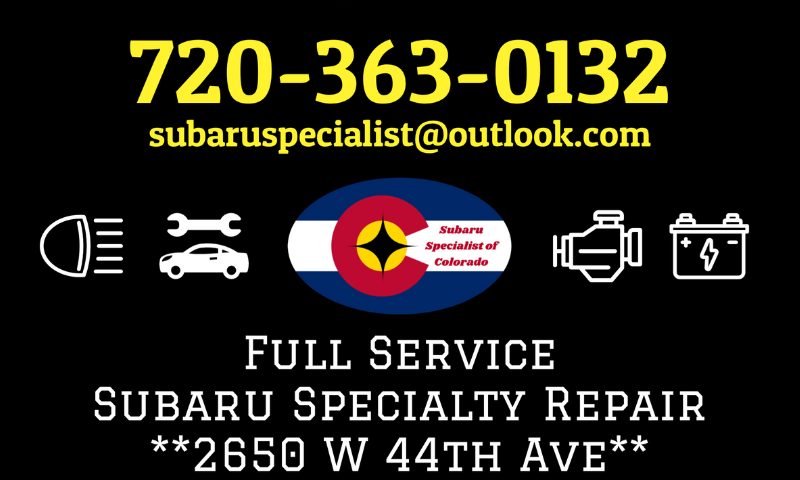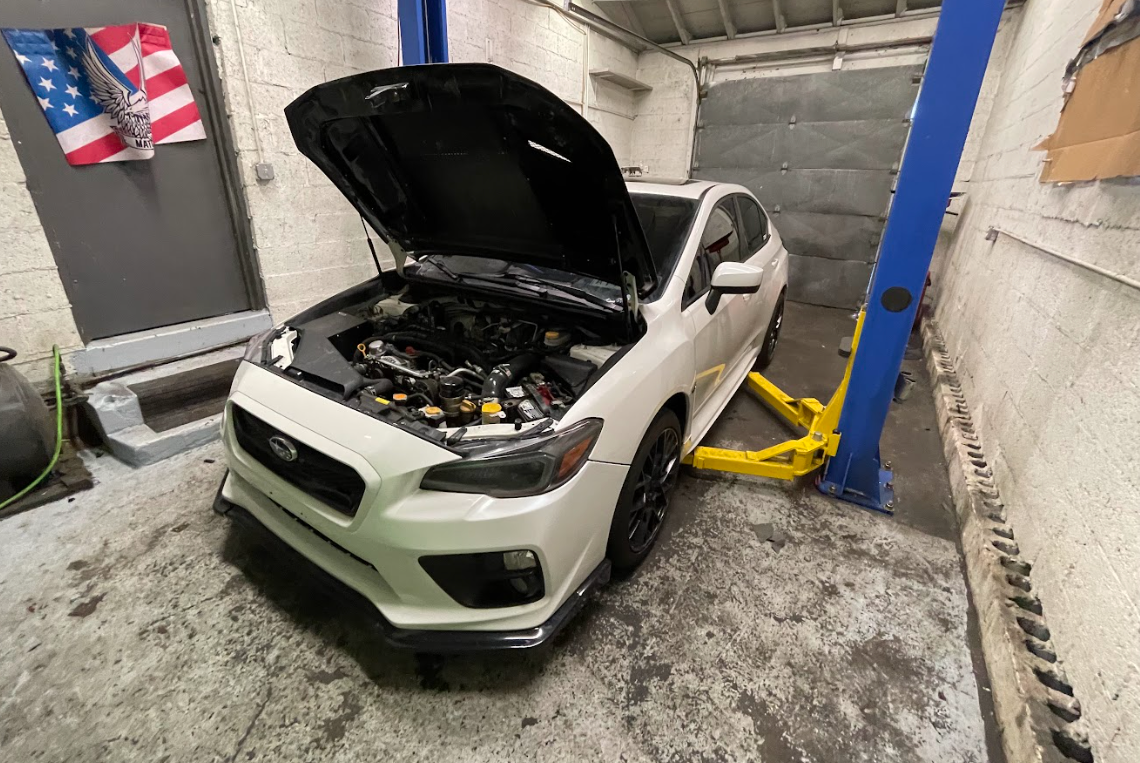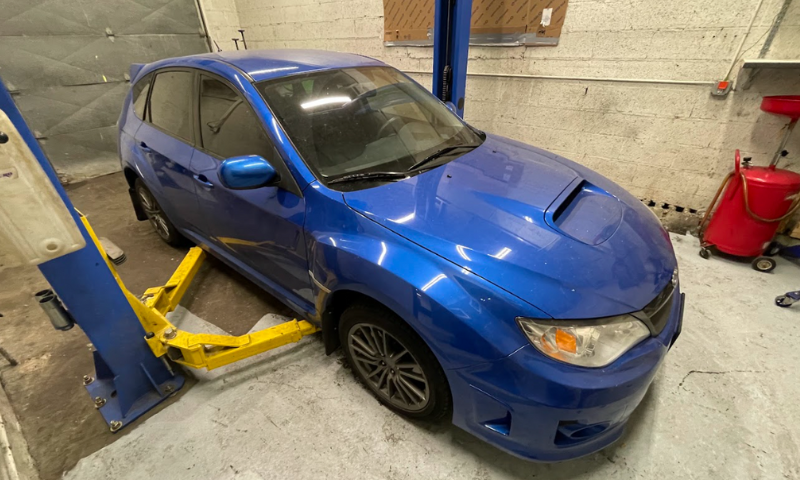Inspection & Tune Ups
Service Details
Comprehensive vehicle inspection: A thorough examination of key components including brakes, suspension, steering, tires, and lights is conducted to identify any potential issues affecting safety and performance.
Engine diagnostics: State-of-the-art diagnostic tools are used to assess engine performance, detecting any anomalies in fuel efficiency, emissions, ignition, or other critical systems.
Fluid level check and top-up: Fluid levels such as engine oil, coolant, brake fluid, power steering fluid, and windshield washer fluid are inspected and replenished as needed to ensure proper lubrication, cooling, and functionality.
Spark plug replacement: Worn or fouled spark plugs are replaced to maintain optimal engine combustion, ignition timing, and fuel efficiency, enhancing overall engine performance and reliability.
Air filter replacement: The air filter is inspected and replaced if dirty or clogged, improving air intake and fuel combustion efficiency while reducing engine strain and emissions.
Fuel system inspection and cleaning: The fuel system components, including fuel injectors, fuel lines, and fuel filters, are inspected and cleaned to remove deposits and contaminants, ensuring proper fuel delivery and engine performance.
How do you know if your vehicle needs a tune up?
-
Decreased fuel efficiency: If you notice a sudden decrease in fuel efficiency, meaning you’re getting fewer miles per gallon than usual, it could indicate issues with the engine or fuel system that require tuning.
-
Rough idling or stalling: A rough idling engine or frequent stalling can be symptoms of various issues, including spark plug misfiring, clogged fuel injectors, or problems with the ignition system, all of which may necessitate a tune-up.
-
Difficulty starting the engine: If your car struggles to start, especially in the mornings or after sitting for a while, it may indicate issues with the ignition system, spark plugs, or fuel delivery that a tune-up could address.
-
Poor acceleration: A noticeable loss of power or sluggish acceleration can be a sign that the engine is not operating at its optimal performance level. A tune-up can help address issues related to ignition timing, fuel delivery, or engine compression.
-
Engine knocking or pinging sounds: Unusual noises such as engine knocking or pinging can be caused by issues with fuel combustion or engine timing. A tune-up can help identify and address these problems before they worsen.
-
Check engine light: If the check engine light illuminates on your dashboard, it could indicate a wide range of potential issues, including those that may require a tune-up to resolve. A diagnostic scan can help pinpoint the specific problem and determine if a tune-up is necessary.



